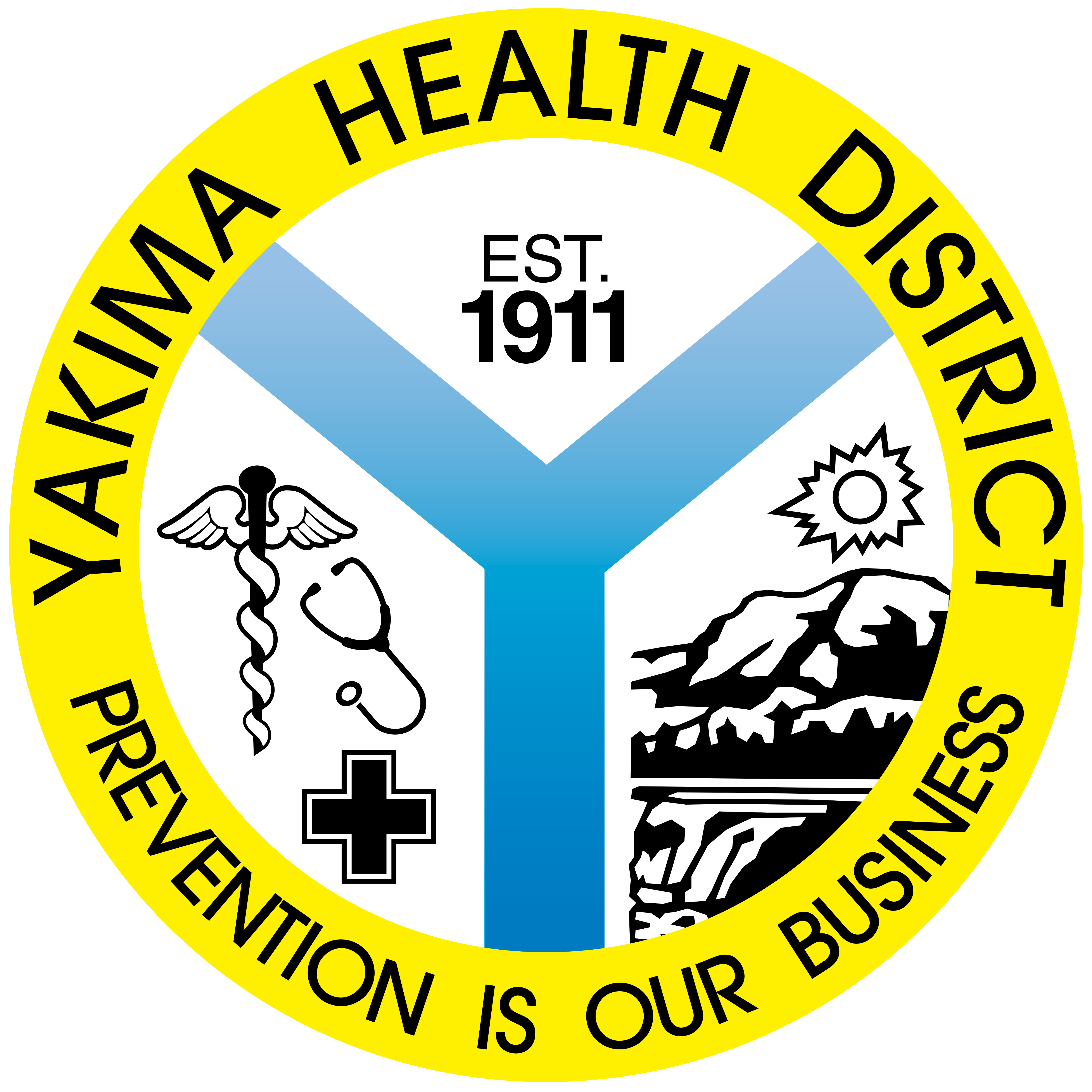
Actions Requested
- Have increased suspicion for acute hepatitis A among people with acute onset of jaundice, markedly elevated liver function tests and other symptoms of acute viral hepatitis. Especially in those who are homeless and/or using drugs.
- Perform serologic testing on suspect cases: hepatitis A IgM or acute hepatitis panel.
- Provide hepatitis A vaccine to patients who are homeless and/or using drugs, if they have not yet been vaccinated.
- Report suspect cases immediately.
Background
A large hepatitis A outbreak is occurring in three California counties: San Diego, Santa Cruz and Los Angeles. The majority of cases are among people who are homeless and/or using drugs. The mode of transmission during this outbreak is person to person, due to crowded conditions and lack of sanitary facilities where homeless people are living. Reported hospitalizations and deaths are elevated, likely reflecting co-morbidities like chronic hepatitis B, chronic hepatitis C or alcohol-related cirrhosis. Of the 564 cases reported as of Sept. 29, 2017, 380 people (67%) have been hospitalized and 17 people have dies.
The virus is spread through infected people’s feces. The incubation period is two to six weeks; typically, people become ill three to four weeks after exposure. People are communicable 14 days prior to onset of jaundice until seven days post-onset. Infants and very young children typically show no symptoms, but can spread the virus to others. Household and close contacts should receive post exposure prophylaxis with hepatitis A vaccine or immune globulin, coordinated by Health Department nurses.
One dose of hepatitis A vaccine is very effective in offering protection within two to four weeks. A second dose is recommended six months after the first for full protection.
Questions? Contact Yakima Health District at (509) 575-4040 or (800) 535-5016.
